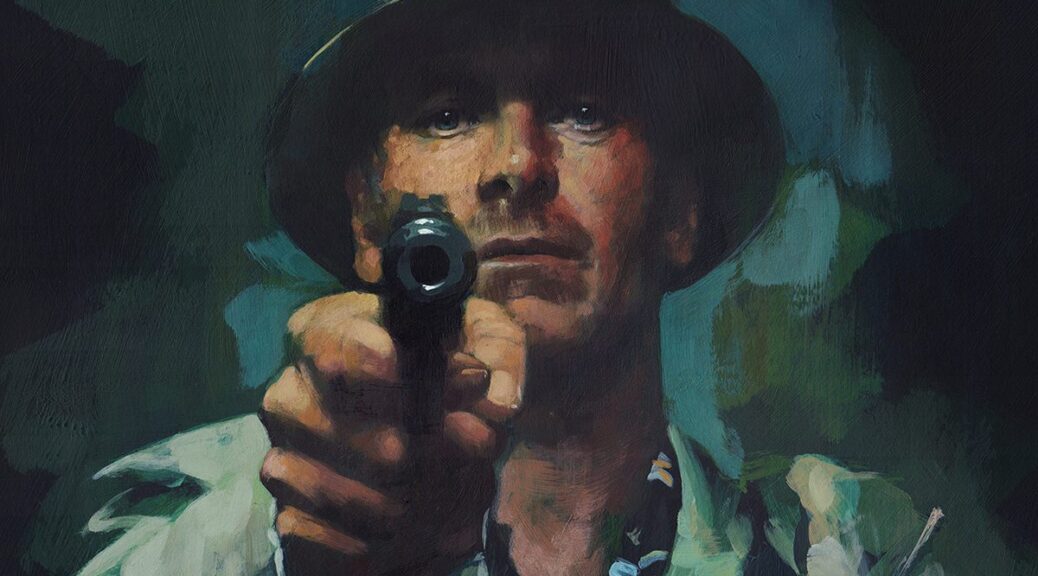The Killer
by George Wolf
It’s been over twenty years since American Psycho personified the soulless self-interest of the Reagan 80s with bloody, hilarious precision.
Around the same time, the French duo of writer Alexis “Matz” Nolent and illustrator Luc Jacamon published the first of their graphic novels centered around the life of “Le Tueur” a ruthless, unnamed assassin.
Now, writer/director David Fincher gives us The Killer as a Patrick Bateman for a new generation. And while his film is not as outwardly comedic as Mary Harron’s classic, Fincher manages some dark fun as he probes our descent into cold, violent narcissism.
After some brisk and stylish opening credits, Fincher and star Michael Fassbender slow the pace to a crawl, and the opening chapter of their character study begins in France, with the quiet assessing of a target.
The Killer (Fassbender) is an ex-law student turned assassin for hire, and his years of completed assignments have earned him big targets and big rewards. The Killer has iron clad rules for success in work and in life, and Fassbender’s voiceover narration puts them on repeat.
“Keep calm. Keep moving.”
“Empathy is weakness. Weakness is vulnerability.”
“What’s in it for me?”
But when The Killer’s aim fails him on that Paris job, he is the one who is suddenly hunted. Things get nasty, and The Killer sets off on a multi-national manhunt for vengeance, buoyed by another effectively moody, pulsating score from Trent Reznor and Atticus Ross.
There are no business cards involved, but passports with increasingly funny aliases (brush up on your classic sitcoms) provide levity as scores are settled with inventive bloodshed and impressive fight choreography. And through it all, The Killer keeps preaching his mantra as a MAGA Bond, unwavering in his devotion to self and the perpetual need to feel aggrieved.
Fassbender is perfection as this meticulous, emotionless killbot, and the great Tilda Swinton’s late stage cameo brings the film more star power, plus one genuinely hilarious and insightful moment.
It’s a fascinating film, and one that feels like a new kind of Fincher. Recalling not only American Psycho, but also his own Fight Club and Anton Corbijn’s assassin creed The American, The Killer succeeds both as a surface-level thriller, and as a deeper illustration of another empty era.




